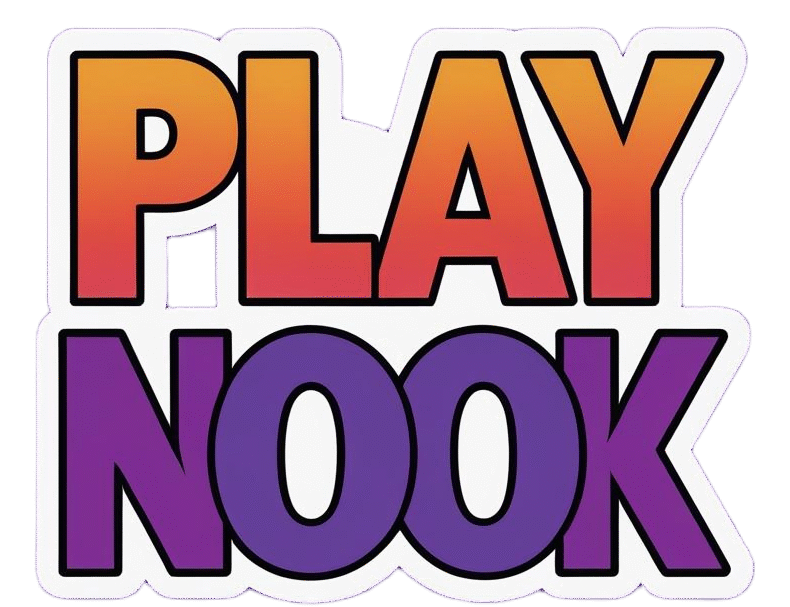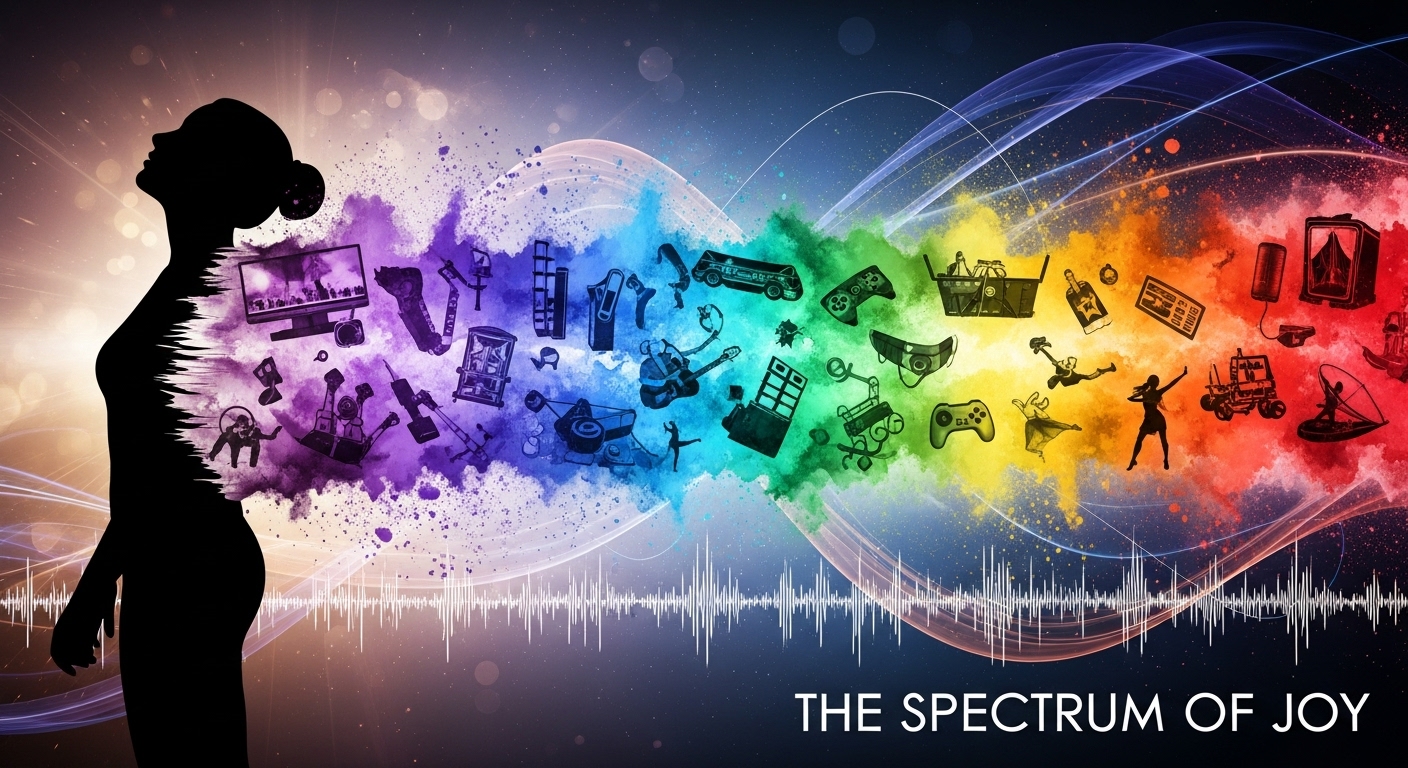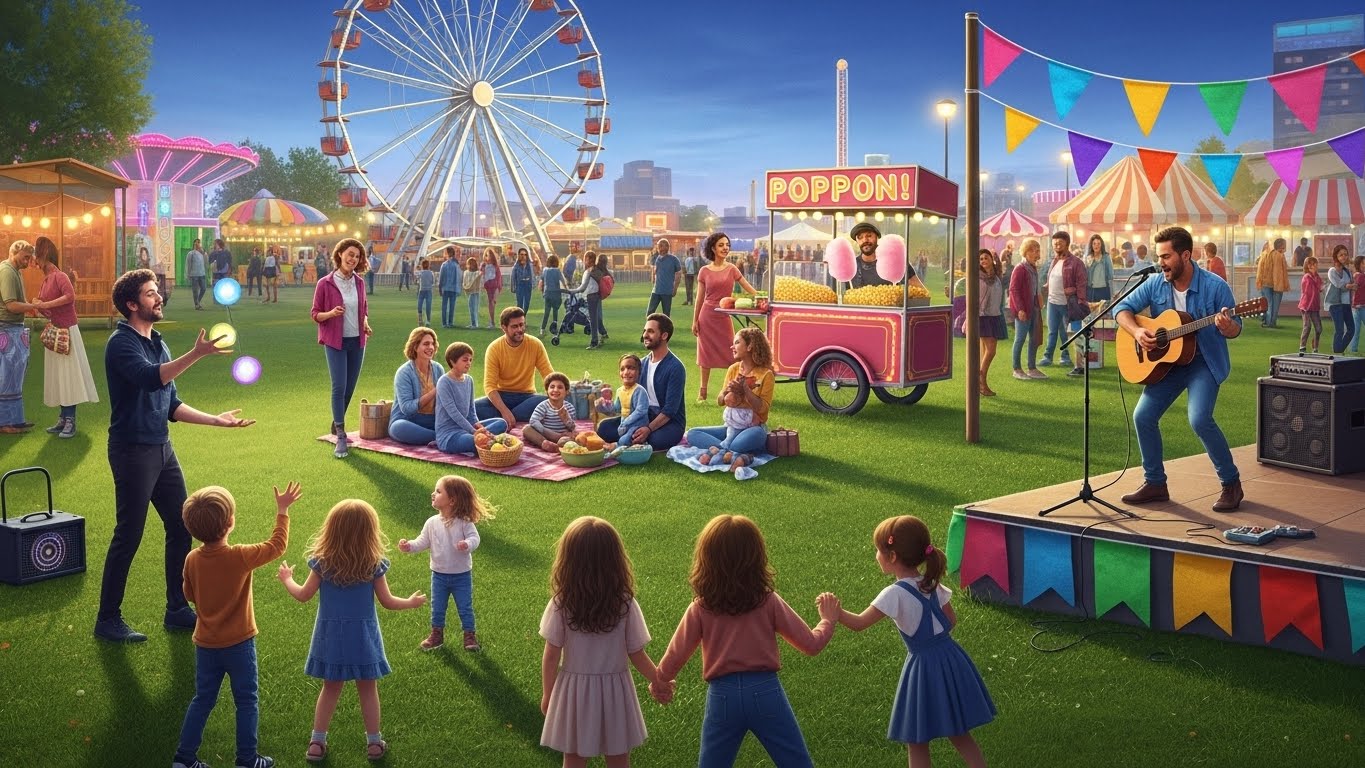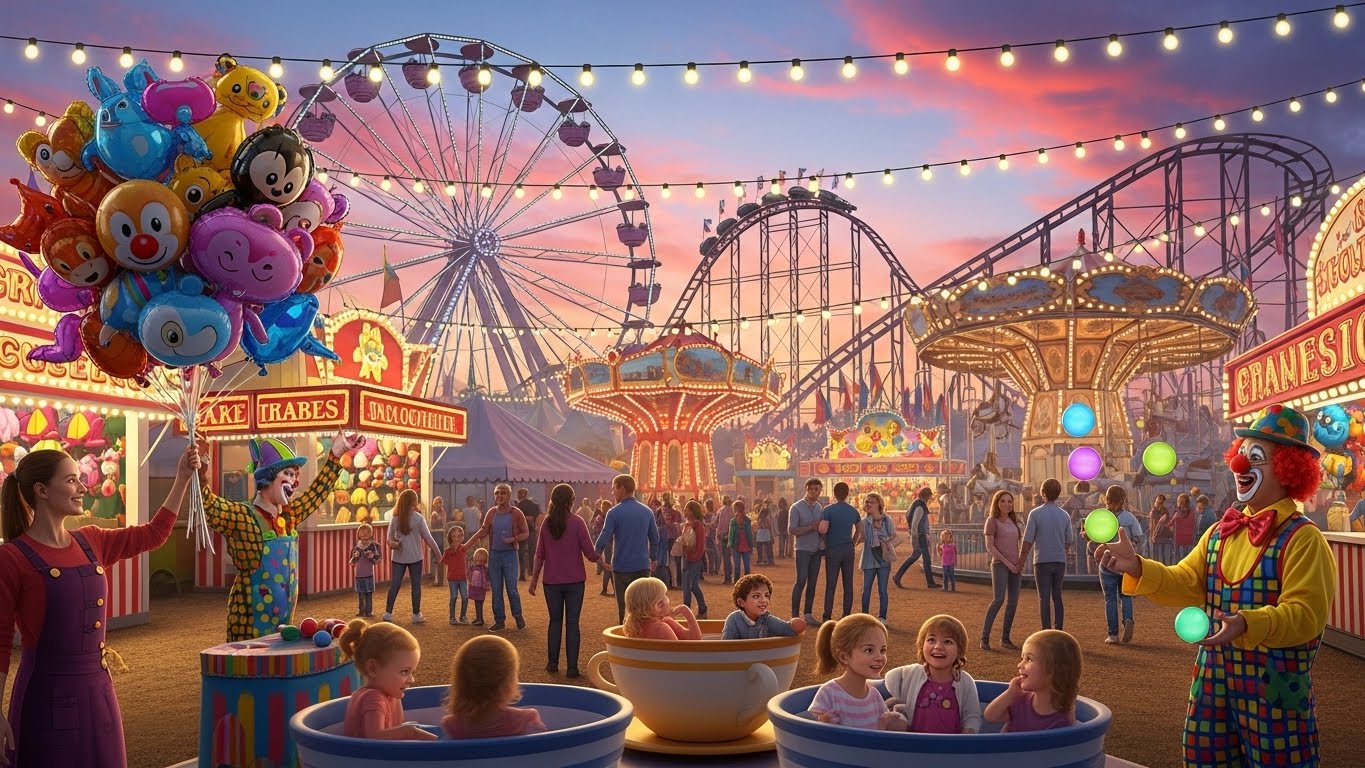Entertainment is one of the most influential aspects of human culture. From the earliest cave paintings to the latest blockbuster movies, humans have always sought ways to amuse, inspire, and connect. Entertainment is not just a pastime; it reflects societal values, shapes perceptions, and fosters creativity. In today’s rapidly changing world, the forms and mediums of entertainment have expanded in ways that were unimaginable just a few decades ago. This blog post dives into the vibrant universe of entertainment, exploring its evolution, impact, and the trends shaping the future.
The Origins of Entertainment: A Historical Perspective
Entertainment has existed as long as human civilization itself. In ancient times, storytelling was a primary source of amusement and education. Tribal communities shared myths and legends around the fire, passing down wisdom, history, and moral lessons. These stories laid the foundation for modern narrative structures seen in books, films, and theater.
Theaters emerged as formal entertainment spaces in ancient Greece and Rome. The Greeks pioneered dramas and comedies that explored complex themes like love, politics, and morality. These performances were not only a form of leisure but also a medium for social commentary, reflecting societal tensions and cultural norms. Similarly, in ancient India, elaborate dance-drama performances such as Kathakali and Sanskrit theater merged storytelling, music, and spectacle, captivating audiences with their grandeur.
As civilizations advanced, entertainment diversified. Jousting tournaments, royal feasts, and puppet shows offered variety to medieval societies. In parallel, music and poetry continued to thrive, providing emotional and intellectual stimulation. Entertainment was deeply intertwined with culture, tradition, and community identity, highlighting its significance beyond mere amusement.
Literature: The Foundation of Modern Entertainment
Books and literature have been central to entertainment for centuries. They transport readers to different worlds, challenge perspectives, and provide an escape from everyday life. The invention of the printing press in the 15th century revolutionized the accessibility of literature. Suddenly, stories, ideas, and knowledge could reach wider audiences, democratizing entertainment and education.
Classic literature, from the works of Shakespeare to Jane Austen, continues to captivate audiences with its timeless narratives. Even today, adaptations of these works find new life in movies, TV series, and theater productions. Literature also paved the way for contemporary storytelling in novels, graphic novels, and digital platforms. The power of a well-crafted story is universal; it has the ability to evoke laughter, tears, fear, and joy, making it one of the most enduring forms of entertainment.
Cinema: The Magic of the Silver Screen
The invention of cinema in the late 19th century marked a monumental shift in entertainment. Moving pictures mesmerized audiences with their ability to bring stories to life. Silent films captured imagination through expressive acting and visual storytelling, while the introduction of sound added depth and realism to cinematic experiences.
Hollywood quickly became synonymous with glamour, storytelling, and innovation. Iconic actors and directors emerged, shaping global culture through their work. Genres such as action, romance, horror, and science fiction flourished, offering diverse experiences for viewers. Over the decades, technological advancements in special effects, sound design, and cinematography transformed movies into a sensory spectacle.
Cinema is more than just escapism; it reflects society’s hopes, fears, and aspirations. Films like “The Godfather” explored power and morality, while “Star Wars” redefined imagination and world-building. The evolution of international cinema further enriched the global entertainment landscape, bringing unique cultural narratives from countries like Japan, France, and India to worldwide audiences.
Television: Entertainment Comes Home
Television revolutionized entertainment by bringing it directly into people’s homes. The ability to access stories, music, and news from a single device created a shared cultural experience. TV shows quickly became a staple of family life, offering serialized storytelling that kept audiences coming back week after week.
Sitcoms, dramas, reality shows, and talk shows catered to diverse tastes. The rise of prime-time television in the 20th century transformed how people spent their evenings. Iconic shows like “Friends,” “Breaking Bad,” and “The Simpsons” became cultural touchstones, influencing fashion, language, and social trends. Television also provided a platform for live events, from sports tournaments to award shows, creating collective excitement and participation.
With the advent of cable and satellite TV, the entertainment landscape expanded exponentially. Niche channels dedicated to cooking, travel, and science catered to specific interests, proving that entertainment could be both specialized and widely appealing. Television’s ability to adapt and evolve has ensured its relevance even in the age of digital streaming.
Streaming and Digital Entertainment: A New Era
The 21st century has witnessed a seismic shift in how entertainment is consumed. Digital platforms like Netflix, Amazon Prime, and Disney+ have transformed the industry, offering on-demand access to vast libraries of content. Audiences are no longer bound by schedules; they can watch what they want, when they want, at their own pace.
Streaming has also democratized content creation. Independent filmmakers, web series creators, and digital influencers now have global reach, bypassing traditional gatekeepers. Platforms like YouTube, TikTok, and Instagram have created entirely new forms of entertainment, blending creativity, interactivity, and community engagement. Short-form content, live streams, and user-generated videos offer instant gratification while fostering personal connections between creators and audiences.
Moreover, digital entertainment thrives on personalization. Algorithms suggest content tailored to individual preferences, ensuring continuous engagement. While this has sparked debates about echo chambers and overconsumption, there’s no denying that streaming has reshaped the cultural fabric of entertainment.
Gaming: Interactive Entertainment Redefined
Video games have emerged as a dominant form of entertainment, combining storytelling, strategy, and interactivity. Early arcade games like “Pac-Man” and “Space Invaders” laid the groundwork for a multi-billion-dollar industry that now spans consoles, PCs, and mobile devices. Modern games offer immersive experiences with cinematic graphics, complex narratives, and online multiplayer environments.
Gaming is not just about fun; it’s a social and competitive space. E-sports tournaments attract millions of viewers, transforming gaming into a spectator sport. Platforms like Twitch allow gamers to broadcast their experiences, building communities around shared interests. Games like “The Legend of Zelda,” “Fortnite,” and “The Last of Us” demonstrate the medium’s narrative depth, emotional resonance, and technological innovation.
The rise of virtual reality and augmented reality gaming promises even more immersive experiences. Players can now step into fully realized digital worlds, blurring the line between reality and imagination. Gaming has evolved from a niche hobby into a mainstream cultural phenomenon, influencing fashion, music, and even education.
Music: The Soundtrack of Life
Music has always been a universal form of entertainment. From ancient chants to modern pop hits, music evokes emotion, creates memories, and unites people across cultures. Technological innovations, such as recording devices, radios, and digital streaming, have transformed how music is created, distributed, and consumed.
Genres continue to evolve, reflecting societal trends and cultural fusion. Pop, rock, hip-hop, classical, jazz, electronic, and world music offer endless diversity for audiences. Iconic artists shape not just sound but fashion, attitude, and lifestyle. Concerts and festivals create shared experiences, turning music into a communal celebration.
The digital age has further revolutionized music with platforms like Spotify and Apple Music. Algorithms curate personalized playlists, while social media allows artists to connect directly with fans. Music videos, live streams, and interactive experiences make music a multi-dimensional form of entertainment, engaging audiences in new and innovative ways.
The Influence of Celebrities and Pop Culture
Entertainment is closely tied to celebrity culture. Actors, musicians, athletes, and influencers wield significant power in shaping trends, opinions, and aspirations. Fans follow their favorite personalities across platforms, engaging with their work, lifestyle, and public persona. Pop culture, fueled by movies, TV, music, and social media, reflects contemporary values, humor, and anxieties.
Red carpet events, award shows, and viral moments amplify the influence of entertainment figures. Celebrities not only entertain but also inspire social movements, fashion trends, and philanthropic efforts. Pop culture is a mirror, reflecting the evolving tastes, priorities, and fantasies of society, while simultaneously influencing them.
The Role of Technology in Modern Entertainment
Technology has been a driving force behind the evolution of entertainment. From high-definition displays to immersive sound systems, technological advancements have transformed how stories are told and experienced. Artificial intelligence, virtual reality, and augmented reality are pushing the boundaries of creativity, allowing creators to craft more interactive and personalized experiences.
Social media platforms serve as both entertainment channels and distribution networks. They allow audiences to participate actively rather than passively consume content. Memes, short videos, and viral challenges have created a new form of entertainment—fast, interactive, and globally shared. Technology has blurred the line between creators and consumers, making entertainment a more collaborative and dynamic ecosystem.
The Social Impact of Entertainment
Entertainment is more than a form of leisure; it shapes culture, influences opinions, and fosters empathy. Movies and TV shows can highlight social issues, promote diversity, and challenge stereotypes. Music can unite communities, raise awareness, and provide a voice to marginalized groups. Video games can teach problem-solving, teamwork, and strategy.
In an increasingly connected world, entertainment also provides a sense of community. Fans engage in discussions, attend conventions, and participate in fandoms. These shared experiences foster belonging, identity, and cultural literacy. Entertainment has the power to educate, inspire, and bring joy, making it an essential aspect of human life.
Trends Shaping the Future of Entertainment
The future of entertainment promises even more innovation and diversity. Interactive storytelling, immersive experiences, and AI-generated content are likely to transform traditional media. Gaming and virtual reality may merge with social experiences, creating hybrid entertainment spaces.
Inclusivity and representation are becoming central to entertainment. Audiences demand authentic narratives that reflect diverse identities, cultures, and experiences. Sustainability is also influencing production practices, as creators seek environmentally conscious methods of filmmaking, music production, and live events.
Moreover, the line between entertainment and daily life continues to blur. Social media, virtual influencers, and live streaming mean that entertainment is constantly accessible, personalized, and integrated into everyday routines. The possibilities are virtually limitless, driven by creativity, technology, and human curiosity.
Conclusion: The Endless Appeal of Entertainment
Entertainment is an ever-evolving, multi-faceted world that mirrors the human experience. It has transformed from oral storytelling and theater to cinema, television, digital streaming, gaming, and immersive virtual worlds. At its core, entertainment is about connection—connecting with stories, ideas, emotions, and other people.
As technology advances and cultural narratives shift, entertainment will continue to reinvent itself, offering new ways to inspire, amuse, and challenge audiences. Its enduring appeal lies in its ability to make life richer, more vibrant, and profoundly human. Entertainment is not just a pastime; it is a reflection of who we are, what we value, and the endless possibilities of imagination.



